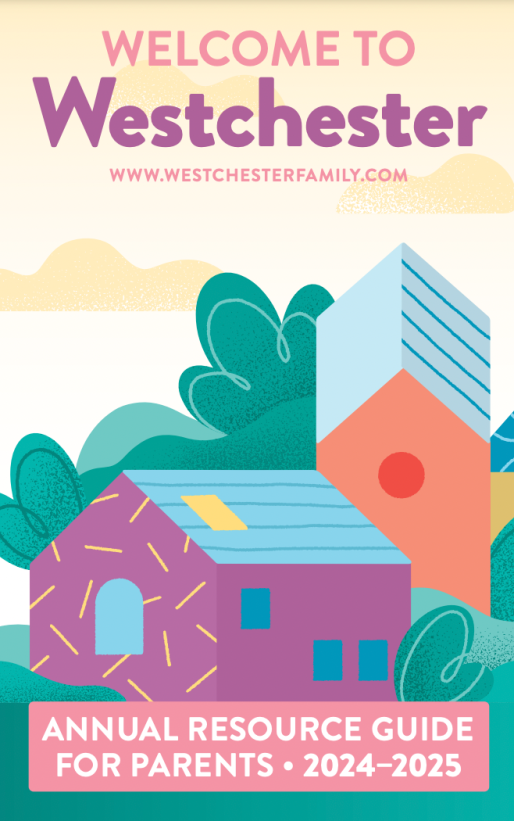
Baby-Proofing Your Home: A Pediatrician’s Tips
Anyone expecting a newborn’s arrival at their home should be aware that certain safety and comfort measures (“baby-proofing”) are in order. But when should you start preparing your home, and – given the reams of advice and masses of products out there – what are the priorities?
Timing may be everything in some situations, but childbirth may not necessarily take place on schedule. The national rate of preterm births – those of less than 37 weeks of gestation – stands at roughly 8 ½ percent. Meanwhile, many babies arrive a few days before or after the official due date. In addition, an expectant mother who has been placed by their physician on bedrest is not going to be out shopping for baby furniture and other accoutrements.
For these and other reasons, I recommend getting your home ready for your new family member two or even three months ahead of the due date. This should include a deep cleaning of your home, which will eliminate dirt, bacteria, and germs that may not necessarily be addressed with standard cleanings. If you have, or even suspect you may have, a mold problem, have it addressed before the child arrives. Similarly, keep in mind that if your home was built before 1978, it may have lead-based paint – something that can be disastrous for a child.
Decluttering can be done more or less conjointly with deep cleaning. Make room for baby! That doesn’t just mean finding space for a bassinet or crib in the parents’ or newborn’s room, but also a place for a changing table (preferably with at least one drawer that can easily be opened and closed) and a glider if that’s the preferred way to feed your newborn. All such furniture should be assembled and, when appropriate, securely anchored to avoid mishaps (for child and parent alike!); the same holds true for already existing furniture like bookcases, entertainment systems, and the like.
In addition, make sure there’s appropriate room in closets, refrigerators and other obvious spots for diapers, clothing, bottles, and so on. It may be time to pack away throw pillows, decorative blankets, and your old baseball card collection so you’re not scrambling for space in the middle of the night.
Area rugs or other slipping hazards should be secured with non-slip pads, both for the child and the child-holding parent. If you have cats and/or dogs, consider their demeanors. They will be curious about the new sights and smells associated with a newborn – and can become jealous as well. Introduce them to the baby in a calm manner, and be sure to give your pet extra attention when the baby is not present. One tip you might try is to bring home a blanket or some other object that smells like the baby before the baby comes home; cats and dogs both rely heavily on their senses of smell, and such an approach may make the big change easier for them to accept.
Don’t forget older siblings, who will also be curious and perhaps jealous. Spend additional time with them as well. There are many age-appropriate books you can read together with titles like “I’m a Big Sister Now!” and “Big Brothers Are Superheroes” that can help with the transition.
Baby-proofing cabinets, stairways and the like are probably not necessary yet, but within six to nine months your new family member may start crawling, and with surprising speed. Always keep a close eye on your children; once they begin creeping or even rocking, it’s probably time to start the next phase of baby-proofing. Get on your hands and knees and go through the rooms where your baby will travel, and address anything grabbable that you don’t want grabbed. That includes not only drawers and electrical cords, but also long curtains and a host of other temptations for a growing child.
If you are ever uncertain about how to handle these and other situations, contact your pediatrician. They can be a wonderful resource during what can be a delightful (if challenging) time!
Dr. Debra Etelson is a board-certified pediatrician at White Plains Hospital Physician Associates in Somers. To make an appointment, call (914) 849-7075.












